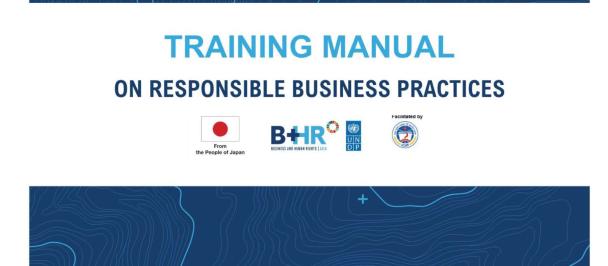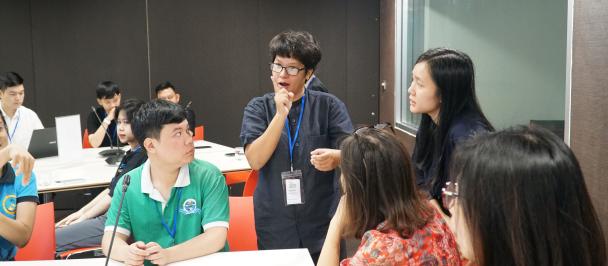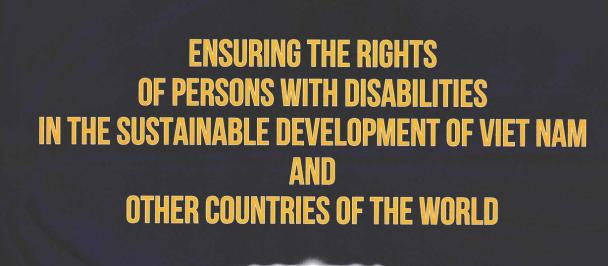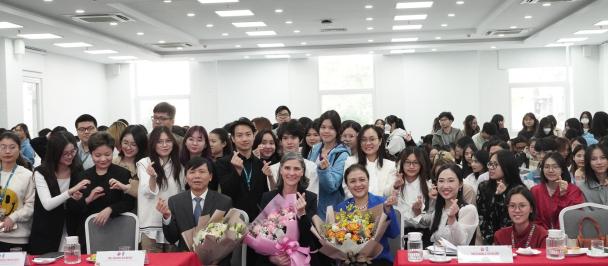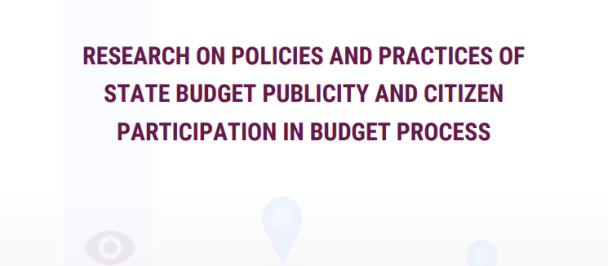Latest Disability Inclusion Study found Low Engagement in Disaster Risk Management and Lack of Access to Information
December 7, 2023
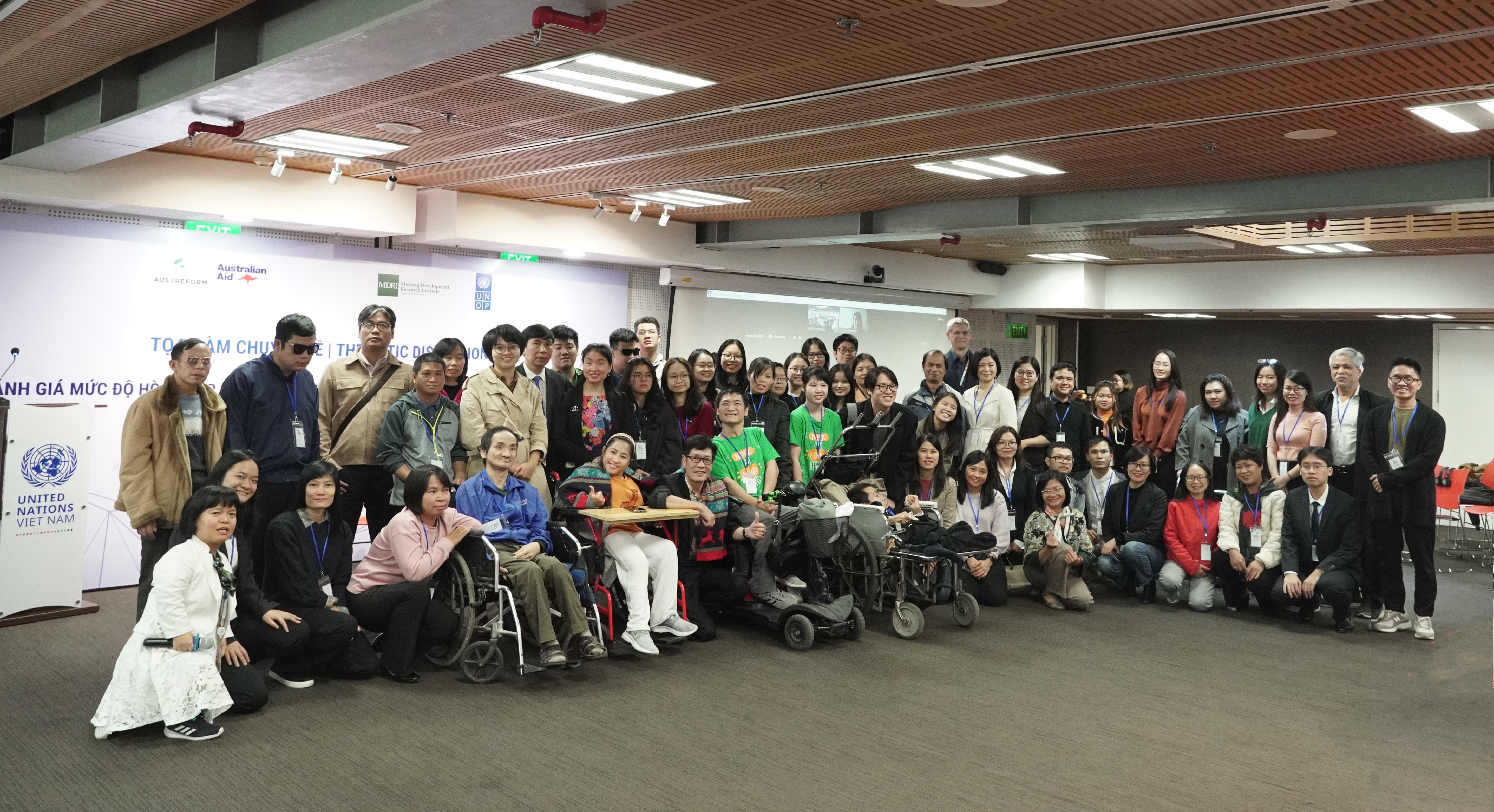
Ha Noi, 7 December 2023 – The UN Development Program (UNDP) in collaboration with the Mekong Development Research Institute (MDRI), presented today key findings of the "Assessment of Disability Inclusion in Local Governance in 2023." The study, addressing broader issues of disability inclusion in public administration and services, highlights critical challenges in two key themes: access to information and responses to natural disasters.
This comprehensive study conducted from July to November 2023, offers invaluable insights into the state of disability inclusion in Viet Nam's local governance. It is part of UNDP flagship PAPI research programme (the Viet Nam Provincial Governance and Public Administration Performance Index) and is supported by Australian Government Department of Foreign Affairs and Trade (DFAT).
Low Engagement in Disaster Risk Management:
Only 5.3% of respondents who are affected by disasters have had a chance to express concerns about local disaster risk management in the past five years. This low engagement was attributed, in part, to a shortage of accessible information regarding disaster warnings. The findings underscore the urgent need for improved communication strategies in disaster preparedness to ensure the safety and well-being of persons with disabilities.
Discrepancies in Disability Classification:
The assessment revealed a significant disparity in disability classification, with individuals falling under the sixth category, "other," surpassing those in the remaining five categories by 1.5 to two times. The lack of proper certification for these disabilities has emerged as a major hindrance, impeding persons with disabilities (PWDs) from accessing their rights and entitlements.
Digital Challenges in Administrative Processes:
More than 20% of respondents encountered obstacles in conducting administrative processes on public e-portals. Factors such as insufficient digital skills, the absence of smart devices, platform inaccessibility, and unsynchronized databases in the digital transformation were identified as key contributors. This digital divide forces many PWDs to rely on caregivers or Organizations of Persons with Disabilities (OPDs) to access essential social welfare information.
UNDP Resident Representatives Ramla Khalidi underscored the importance of policy implementation, emphasizing a people-centered approach as the pre-requisite. She remarked, “To enhance policy implementation, it is crucial to prioritize further awareness raising and provide training on disability inclusion in administrative procedures and public services for local local authorities, persons with disabilities, and their representative organizations”.
The launch of the assessment coincides with the International Day of Persons with Disabilities (3 December), amplifying voices of people with disabilities: focusing on the perspectives of PWDs in local public services and administrative procedures. It also calls for actions to improve disability inclusion, urging stakeholders to take tangible steps in enhancing disability inclusion in local public governance to align with Sustainable Development Goal 16 on promoting just, peaceful, and inclusive societies.
---
For more information, please contact:
Nguyen Viet Lan, UNDP Communication Lead.
Phone: 0914436769; email: nguyen.viet.lan@undp.org

 Locations
Locations